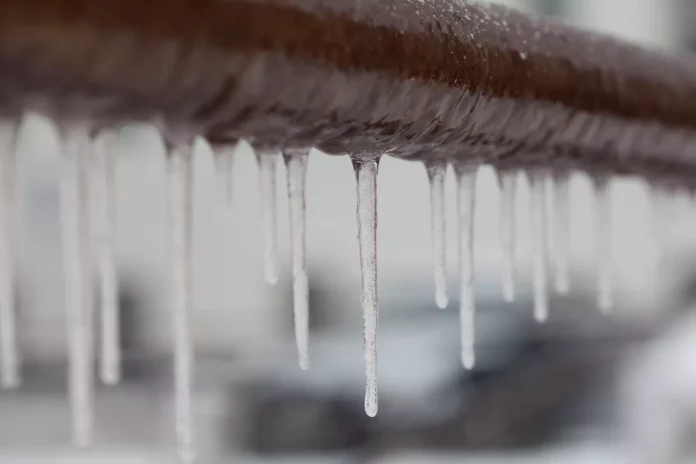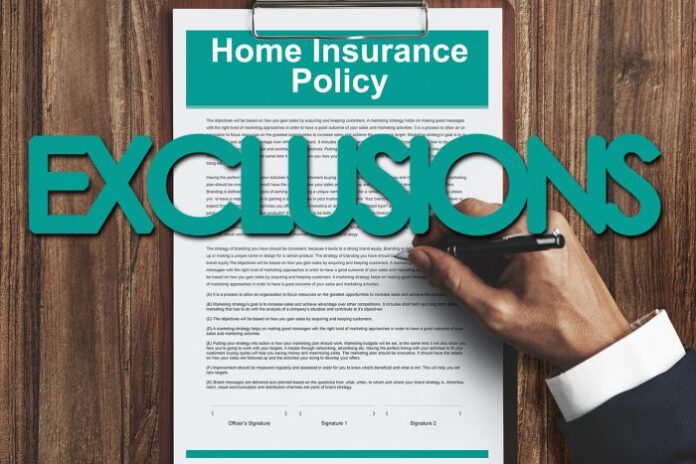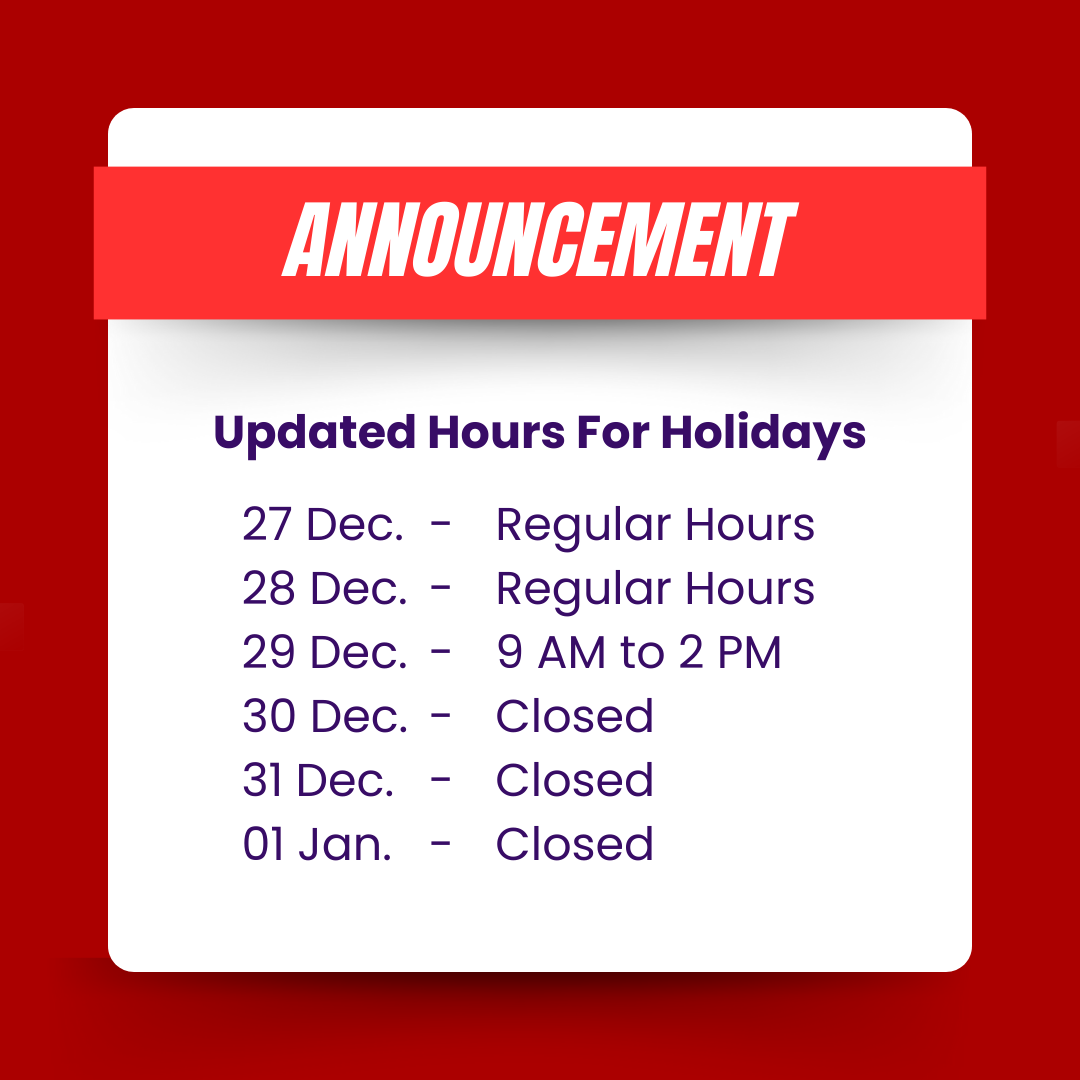Many Canadians die every year from carbon monoxide poisoning in their own homes. Most of them while sleeping. Everyone is at Risk – 88% of all homes have something that poses a carbon monoxide threat. Carbon Monoxide is a colourless, odourless, tasteless, toxic gas that enters the body through the lungs during the normal breathing process.
It replaces oxygen in the blood and prevents the flow of oxygen to the heart, brain and other vital organs. Wood burning/gas stoves, gas refrigerators, gasoline engines, kerosene heaters among others are the most likely source of carbon monoxide. It’s produced when carbon-based fuels are incompletely burned.
Some tips for Home safety
Sound the alarms. It’s important to install at least one carbon monoxide detector on each level of your home. Keep one close to your sleeping area, and make sure it’s not blocked by furniture or drapes. Remember to follow the maintenance instructions, take a minute each month to test it, and replace the batteries and the unit itself as recommended by the manufacturer.
Keep the BBQ and other outdoor gas appliance where they belong. It may be tempting to bring the barbeque into the garage or basement for a winter grill session (or for heat during a power outage), but it’s extremely dangerous. Never bring an outdoor gas appliance inside.
Maintain your maintenance schedule. Have your fuel-burning appliances (like your furnace, hot water heater, and wood-burning stove, for example) inspected by a qualified professional at least once each yea. Follow the manufacturer’s recommendations for other required maintenance. If you have a chimney, you should have it inspected and cleaned by a licensed professional no less than once a year.
Mind your vents. Walk around your home and make sure all ventilation systems (like floor vents, dryer vents, and chimneys) are clear of debris or other obstructions that could block carbon monoxide from making its way outside.
Know the signs. Carbon monoxide exposure can lead to symptoms like dull headaches, shortness of breath, dizziness, nausea, confusion, blurred vision, or physical weakness. If you have any of these symptoms and notice that they go away when you’re outside, get the rest of your family (including pets) out of your home and contact your local fire department.
For more info on carbon monoxide safety please visit the website of the Ontario Association of Fire Chiefs .
For any Home,Auto,Commercial,or Life insurance contact an Aaxel Insurance broker.







